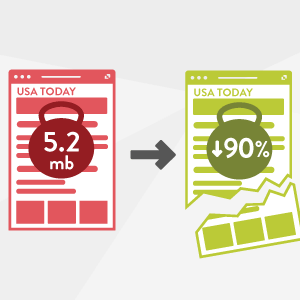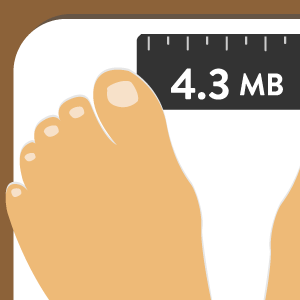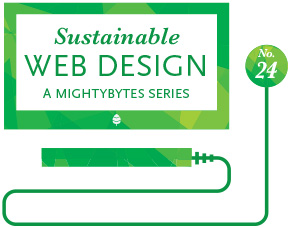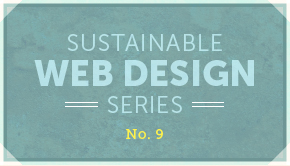Is GDPR Good for the Environment?

In this post, we explore how the European Union’s new privacy legislation could lead to a higher performing internet that not only maintains user privacy, but also burns less energy while providing a better experience for everyone. Sounds great, right?
Read More ›
How Performance Budgets Improve Websites

In this post, we cover how a performance budget can make your website faster, improve user experience, and help you build team consensus on performance goals—a more sustainable approach all around.
Read More ›
How Enabling Caching Speeds Up Your Website

In this post, we explain how to cache website assets using HTTP headers and caching software. Read on to learn how caching can speed up your website.
Read More ›
What is PageSpeed and Why Does it Matter?

In this post, we take a look at Google PageSpeed and how it relates to customer satisfaction, energy use, and sustainable web design.
Read More ›
What Fast Food Drive-Throughs Can Teach Us About Making Fast Websites

HTTP requests and fast food drive-throughs have a lot in common: learn how to avoid long queues and improve your website's performance.
Read More ›



